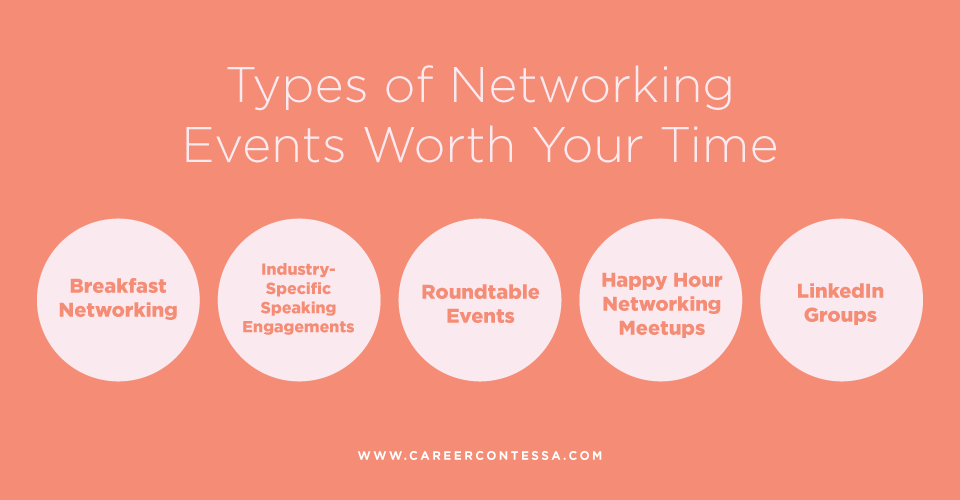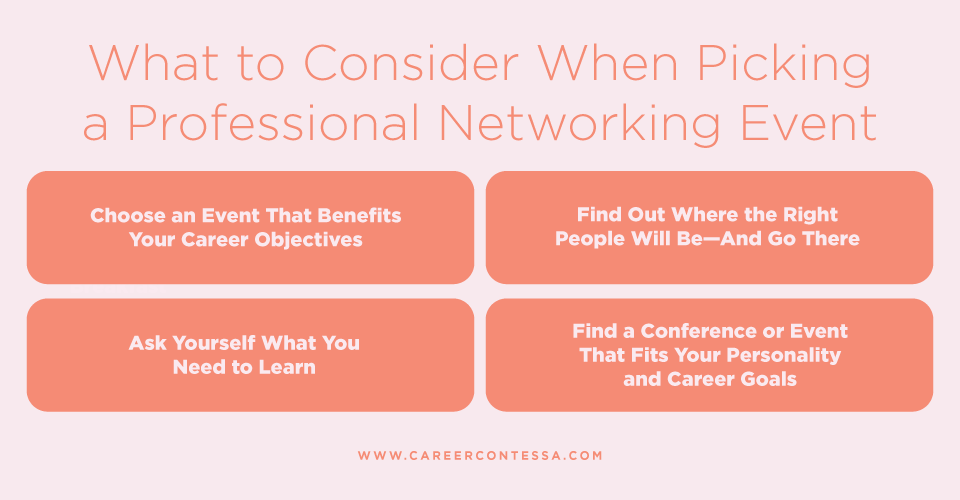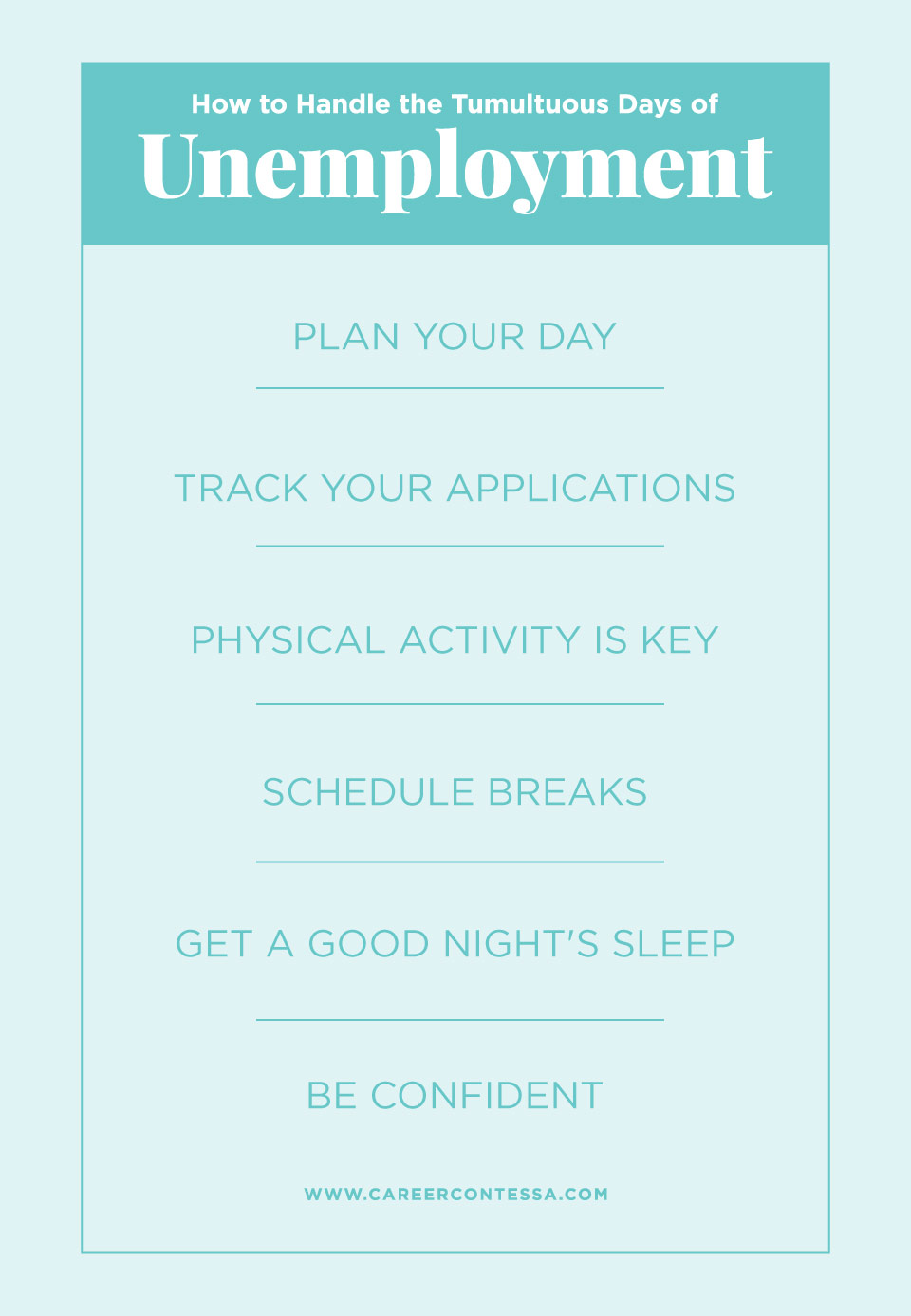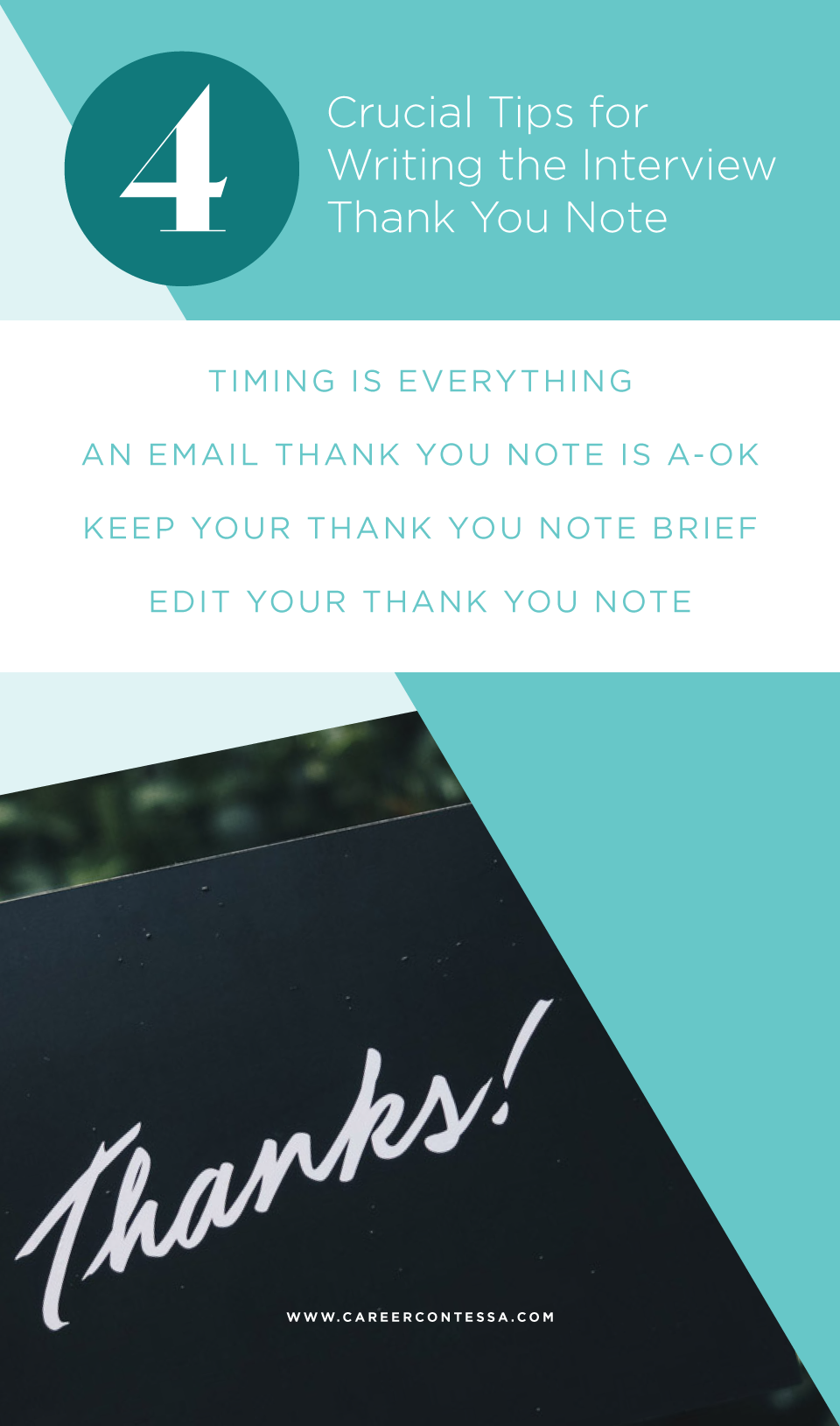#CareerAdvice : #CoverLetter -How to Write a Letter of Interest in 2018… You can Have a Great #Resume but IF you Can’t get the #Recruiter to Read it, you Have Nothing. That’s What a Great Cover Letter does.
It’s one of the worst feelings in the world.
You’ve spent weeks perfecting your resume and crafting the perfect cover letter, and you’re finally ready to submit your application for your dream job.
But when you scan the company’s careers page, panic starts pouring over you. The job you wanted to apply for is no longer open. It’s gone. And as you stare at your laptop screen in shock, you can’t help but think you’ll never be able to join your dream company.
What should you do in this situation? You can’t just put your job search on pause until the company opens the position again. How do you express interest in joining a company when the position you want isn’t currently available?
One of the most effective ways to grab a hiring manager’s attention and get your foot in the door is by writing a letter of interest to the company.
What Is a Letter of Interest?
A letter of interest lets a company know that you want to work for them in a role that they’re currently not hiring for. In hopes that the company will contact you when they do open this position or another relevant position, your letter of interest focuses on how your skill set and culture fit can benefit the company, not how the company can benefit you. You can send a letter of interest at any time, regardless of whether or not the company is actively hiring.
Sending a letter of interest is a great way to introduce yourself to a company, and it shows them you’re willing to take the initiative to proactively reach out. This can keep you top of mind when the company starts recruiting for the job you inquired about or if they have any upcoming job opportunities that could be a good fit. If you’re really impressive, some companies might even create a position just for you.
Other times, sending a letter of interest can lead to a coffee chat or an informational interview with the hiring manager of the team you want to work for.
Writing a letter of interest sounds like an easy way to get your foot in the door at any company, but it’ll only pique a hiring manager’s interest and elicit a response if it actually resonates with them.
To do so, we recommend following a formula called problem-agitate-solve. It’s modeled after an old copywriting framework and has helped one job seeker skyrocket her cover letter response rate from zero percent to 55 percent. We’ll flesh it out below.
Like this Article ? Share It ! You now can easily enjoy/follow/share Today our Award Winning Articles/Blogs with Now Over 2.5 Million Growing Participates Worldwide in our various Social Media formats below:
FSC LinkedIn Network: www.linkedin.com/in/fscnetwork
Facebook: http://www.facebook.com/pages/First-Sun-Consulting-LLC-Outplacement-Services/213542315355343?sk=wall
Google+: https://plus.google.com/115673713231115398101/posts?hl=en
Twitter: Follow us @ firstsunllc
Question: Want the ‘the best/current articles/blogs on the web’ on Job Search, Resume, Advancing/Changing your Career, or simply Managing People?
Answer: Simply go to our FSC Career Blog below & type(#career, #leadership, #life) in Blog Search: https://www.firstsun.com/fsc-career-blog/
What Skill Sets do You have to be ‘Sharpened’ ?
Continue of article:
How to Write a Letter of Interest
To compel a hiring manager to read your letter, respond to it, and consider you for a job, there are four crucial elements you need to include in your letter of interest:
1. Hook the hiring manager with proof that you understand their problem.
Hiring managers don’t hire people just to be nice. They hire people to help them run their team better. To immediately grab a hiring manager’s attention, you should show how you understand the problems they’re trying to solve, like the hook below:
“As a two-year blogging veteran in the marketing technology industry at companies like Return Path and SlideBatch, I know how hard it is to write well. I also know how challenging it is to get found on Google.”
By describing a similar experience you’ve had at your current or prior job, you can relate to them on a deep level, which will engage and prompt them to read the rest of the letter.
The hardest part of this step is discovering the hiring manager’s problems. One way to figure it out is by listing off the job’s responsibilities and asking yourself why these tasks are important to their team. If you keep analyzing until you reach a dead end, you’ll usually find their needs there.
2. Agitate the problem to remind the hiring manager they need a solution.
How do you make a hiring manager realize how valuable a solution could be? You remind them just how painful them problems are. And to make them visualize their dreaded problem as vividly as possible, you need to be specific, just like the example below:
“According to HubSpot’s careers page, you’re not currently hiring, but, in the future, if you’re looking for someone who can not only engage an audience with clear, concise and compelling blog posts, but also optimize them for search engines, while hitting every deadline, you can count on me.”
When they realize how much pain they’re actually in, they’ll have more of a sense of urgency to resolve it. And this’ll push them to respond to you because you might be their fastest route to a solution.
3. Prove that you’re the solution with an example of your skills and experience.
If you’re really the solution to their problems, you must prove to the hiring manager how you’ve used your skills to solve similar paint points in previous experiences. Then, you should describe how you’ll be able to use those learnings to help solve their current problems. Check out the example below:
“Last year, at Return Path, I was the top performing blogger, writing weekly posts that averaged 7,500 views, 1,000 social shares and 35 new blog subscribers gained. The year before, at SlideBatch, I devised and implemented a new keyword strategy that increased organic page views for our Visual Marketing 101 blog series by 15 percent.
I’ve read HubSpot’s blog every day since I started my content marketing career, and I’m inbound, content and email marketing certified, so I strongly believe I’ll be able to hit the ground running if I were to work on HubSpot’s blog team one day.
Whether I’d be uncovering high opportunity keywords or crafting blog posts to support and develop your team’s new pillar cluster model, I’m confident my skills and experience can help your team crush their goals.”
By quantifying your accomplishments and researching the company’s pain points, you’re proving your worth. But if you just list your skills and work experience, you’re only proving to the hiring manager that you’ve failed to make an impact.
4. Confidently request to move on to the next step.
At the end of your letter, you should express your interest in exploring upcoming opportunities or ask them to keep you top of mind when an opportunity opens up, like the call-to-action below:
“I’d love to learn about any upcoming roles on your team or be considered for a position later down the road. My resume is attached, and my contact details are listed in my email signature below. Thank you for your time! It was a pleasure connecting.”
These call-to-actions are crucial because they tell them how to get the ball rolling. If you don’t tell the hiring manager what to do next, then nothing will happen.
Letter of Interest Example
All together, a successful letter of interest looks like this:
Hi Greta,
As a two-year blogging veteran in the marketing technology industry at Return Path and SlideBatch, I know how hard it is to write well. I also know how hard it is to find get found on Google.
According to HubSpot’s careers page, you’re currently not hiring, but, in the future, if you’re looking for someone who can not only engage an audience with clear, concise, and compelling blog posts, but also optimize them for search engines, while hitting every deadline, you can count on me.
Last year, at Return Path, I was the top performing blogger, writing weekly posts that averaged 7,500 views, 1,000 social shares and 35 new blog subscribers gained. The year before, at SlideBatch, I devised and implemented a new keyword strategy that increased organic page views for our Visual Marketing 101 blog series by 15 percent.
I’ve read HubSpot’s blog every day since I started my content marketing career, and I’m inbound, content and email marketing certified, so I strongly believe I’ll be able to hit the ground running if I were to work on HubSpot’s blog team one day.
Whether I’d be uncovering high opportunity keywords or crafting blog posts to support and develop your team’s new pillar cluster model, I’m confident my skills and experience can help your team crush their goals.
I’d love to learn about any upcoming roles on your team or be considered for a role later down the road. My resume is attached, and my contact details are listed in my email signature below. Thank you for your time. It was a pleasure connecting!
Sincerely,
Clifford Chi
Letter of Interest Template
Hi [fusion_builder_container hundred_percent=”yes” overflow=”visible”][fusion_builder_row][fusion_builder_column type=”1_1″ background_position=”left top” background_color=”” border_size=”” border_color=”” border_style=”solid” spacing=”yes” background_image=”” background_repeat=”no-repeat” padding=”” margin_top=”0px” margin_bottom=”0px” class=”” id=”” animation_type=”” animation_speed=”0.3″ animation_direction=”left” hide_on_mobile=”no” center_content=”no” min_height=”none”][Hiring Manager’s First Name],
As a [X]-year [Your Profession] veteran in the [Space You Work In] industry at [Most Prominent Companies You’ve Worked For], I know how hard it is to [Pain Point #1]. I also know how challenging it is to [Pain Point #2].
According to [Company] careers page, you’re currently not hiring, but, in the future, if you’re looking for someone who can not only [Solution for Pain Point #1], but also [Solution for Pain Point #2], you can count on me.
Last [Specific Timeframe], at [Current or Old Company], I was the best performing [Your Profession], [List Your Responsibilities and Describe the Impact You Made]. The [Specific Timeframe] before, at [Current or Old Company], I [List Your Responsibilities and Describe the Impact You Made].
[Show Hiring Manager that You’re a Voracious Learner and You Regularly Keep Up with Company News], so I strongly believe I’ll be able to hit the ground running if I were to work on [Company] team one day.
Whether I’d be [What the Team is Working on Now], I’m confident my skills and experience can help your team crush their goals.
I’d love to learn about any upcoming roles on your team or be considered for a role later down the road. My resume is attached, and my contact details are listed in my email signature below. Thank you for your time. It was a pleasure connecting!
Sincerely,
[Your Name]
Steps to Take Before You Send Your Letter of Interest
After you finish writing your letter of interest, you need to make sure the company will actually open it. So before you send your letter, it’d be ideal if someone on the team personally knows who you are.
To do so, ask your connections or alumni that work at the company to introduce you to the team’s hiring manager. If you can’t do that, you could add the hiring manager on LinkedIn, tell them why you want to connect and send them your letter of interest.
Getting your foot in the door will ultimately help you stand out from the crowd of job seekers who are all sending the same “hire me” pitch to them.
Glassdoor.com |
[/fusion_builder_column][/fusion_builder_row][/fusion_builder_container]













